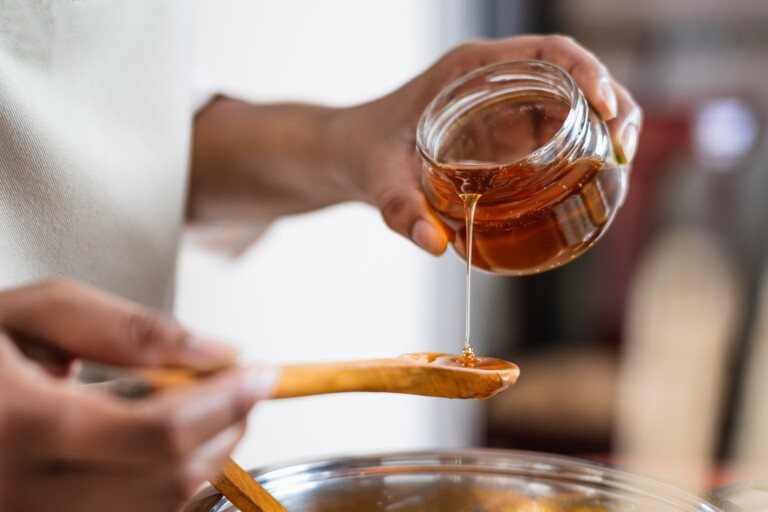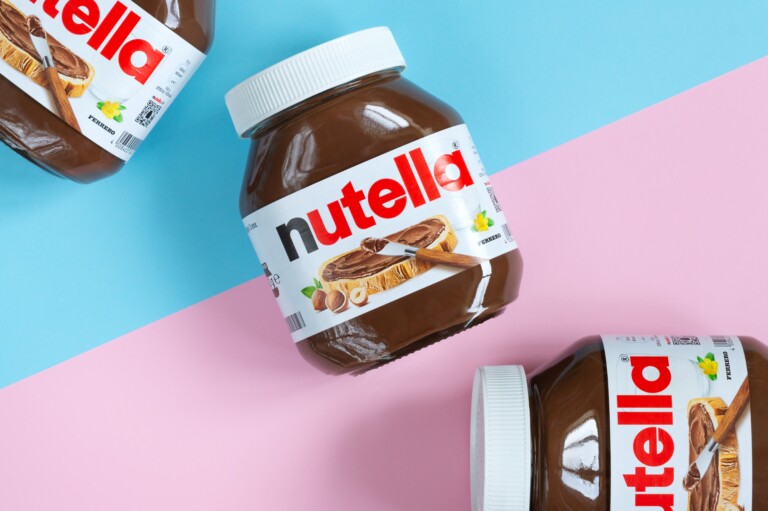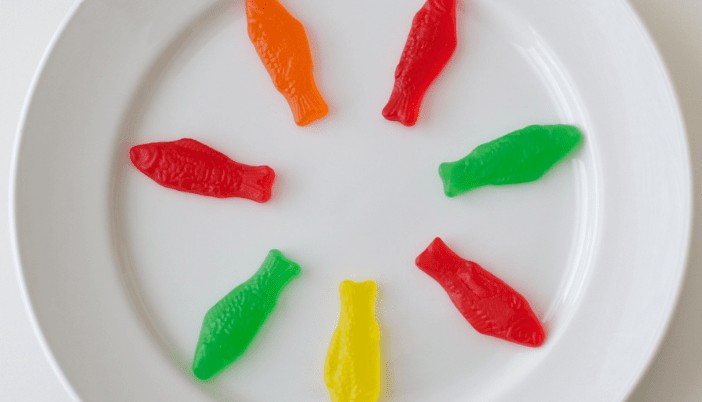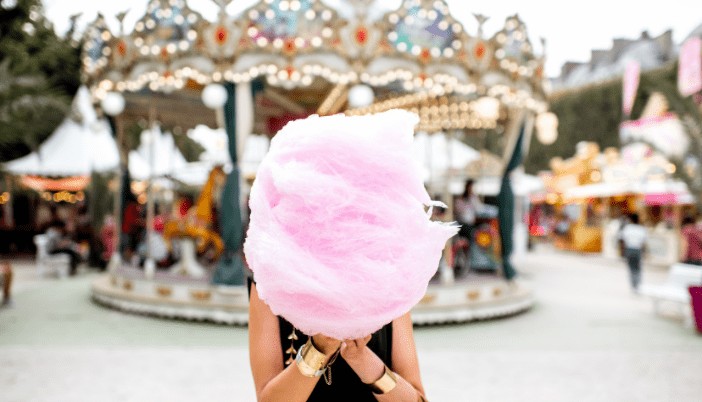Can Vegans Eat Maltesers?
With many sugary, super-processed foods, it can be hard to decipher whether they’re vegan, as there are often a few blurred lines.
However, with the case of Maltesers, they are in fact NOT vegan, as they contain dairy milk.
As an Amazon Associate, I earn from qualifying purchases. The links below may be affiliate links. Please read my disclosure policy for more information.
What are Maltesers?
Maltesers are a popular British confectionery product manufactured by the Mars corporation. They were first sold in the UK in 1937 and were originally aimed at women (because of their slogan “The lighter way to enjoy chocolate”, which was coined because women are traditionally more weight-conscious).
Although they were technically founded in Britain, they were created by an American man called Forrest Mars, Sr.
They consist of crunchy biscuity, honeycomb textured inch-long spheres that are coated in milk chocolate, and are one of the most popular sugary treats on the UK market.
They are on the lower end of the price spectrum, and because they are individual balls of sweetness, they are lower in fat and less calorific than many other chocolate types.
They are a popular garnish on cakes and in chocolate advent calendars at Christmas.
Although they are famously English, they have since become available in Europe, Australia, New Zealand, Canada, and, since 2017, the US and Middle East.
What’s in Maltesers?
The ingredients of British Maltesers are as follows:
- Sugar
- Skimmed Milk Powder
- Cocoa Butter
- Glucose Syrup
- Barley Malt Extract
- Cocoa Mass
- Palm Fat
- Lactose and Protein from Whey (from Milk)
- Whey Powder (from Milk)
- Milk Fat
- Emulsifiers (Soya Lecithin, E492)
- Wheat Flour, Palm Kernel Fat
- Palm Kernel Oil
- Raising Agents (E341, E500, E501)
- Wheat Gluten
- Salt
- Glazing Agent (Pectin)
- Natural Vanilla Extract
Do Maltesers Contain Honeycomb?
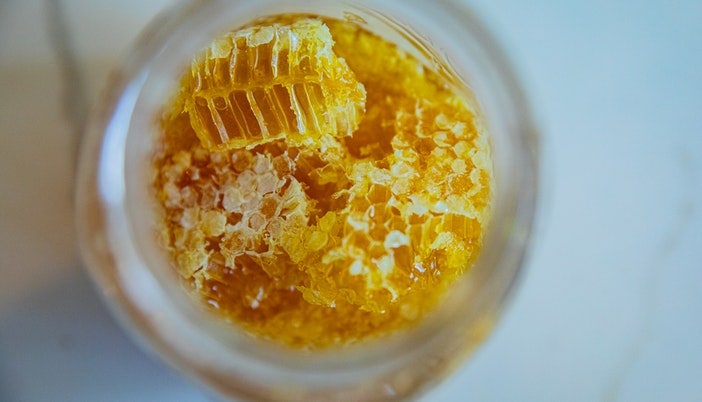
No, they don’t, but their centre is similar to honeycomb in both taste and texture. Fun fact: despite the name, honeycomb contains no honey whatsoever, and is in fact, fully suitable for vegans!
Why Aren’t Maltesers Suitable for Vegans?
As you can see from the ingredients listed above, Maltesers contain several products that are by-products of animals, including skimmed milk powder, milk fat, and whey powder (a compound left over from cheese production, which is directly dried into powder without separation.
The main components are whey protein and lactose).
Many vegans also avoid products that contain palm oil due to its significant link to mass deforestation.
*please note: Maltesers purchased in other countries likely contain different ingredients.
Are Maltesers Suitable for Vegetarians?
Yes, because vegetarians allow themselves to consume dairy and some animal protein products (such as eggs), Maltesers are suitable for those following a vegetarian diet.
Are there Vegan Substitutes for Maltesers?
At present, the company Mars has not created a vegan version of Maltesers. However, there are similar products on the market that are vegan-friendly.
These include:
- Maltybites (plant-based chocolate snacks are honeycomb-flavoured crunchy spheres that are coated in chocolate. Healthier than Maltesers, Maltyballs are high in fibre and free from artificial colours and preservatives.)
- Ballers (These are from Holland & Barratt and are a healthier, dairy-free version of Maltesers).
- Gnawbles (crispy protein nibbles that are available in four flavours: Salted Caramel, Dark Chocolate Orange, Creamy Mylk and Cheeky Choc HazelNOT.
The most similar to Maltesers would be the Creamy Mylk. These chocolate covered spheres are free from most allergens, including dairy, gluten, wheat and nuts.
They’re also fully vegan in that they are free from palm oil, artificial flavourings and artificial sweeteners. Plus, unlike Maltesers, the packaging is 100% recyclable.
Can You Make Your Own Maltesers?
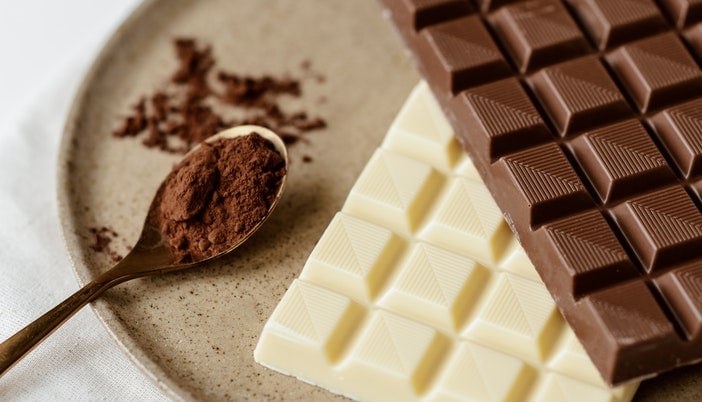
Many vegans are used to creating their own versions of popular treats and snacks – and the good news is, homemade Maltesers are doable too!
Ingredients:
- 150g dairy-free white chocolate
- 100g dairy-free milk or dark chocolate
- 50g vegan puffed rice cereal
- 25g icing sugar
- 3 teaspoons of malted barley powder (Barleycup or Whole Earth)
Method:
- Melt the white chocolate
- Crush the rice cereal using a rolling pin
- Mix the crushed cereal, malted barley powder and icing sugar into a bowl
- Pour in the melted white chocolate and stir until fully mixed
- Roll the mixture into small Malteser-sized spheres
- Melt the milk or dark chocolate
- Use a fork to dip each sphere into the melted chocolate and place on a baking tray to set
- Leave to set at room temperature for several hours then store in an airtight container in the fridge.
The Best Vegan Sweets & Chocolate in the UK
If you don’t fancy making your own homemade Maltesers, but need a little sugar-rush; here’s what’s available to you:
- Skittles
- Fruit Pastilles
- Candy Kittens
- Jealous Sweets
- Biona Organic
- Free From Fellows
- Conscious Candy Co
- Starburst
- Freedom Mallows
- Love Hearts
- Jelly Tots
- Haribo Rainbow Stripes
- Fox’s Glacier Fruits
- Drumstick Choos
- Sherbert Snacks
- Love Raw Vegan Chocolate
- Galaxy Vegan Chocolate
- Cadbury Plant Bar
- Milky Way Magic Stars
- KitKat Vegan
- Lindt Vegan
- Nomo
Many supermarkets are now stocking their own versions of vegan sweet treats, which are often cheaper in price than the more famous brands as mentioned above.
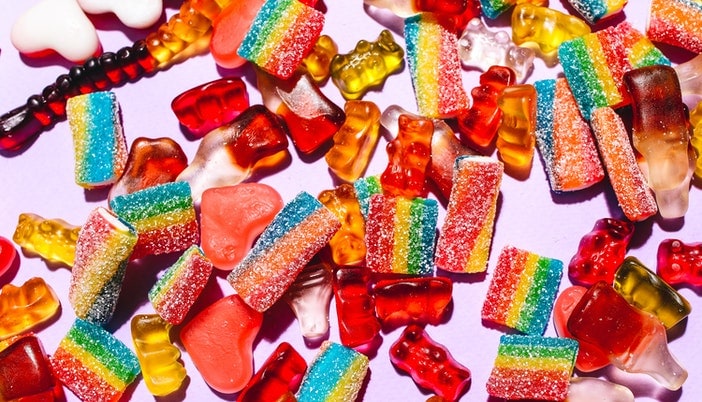
Conclusion
So, as we’ve established – Maltesers are not suitable for vegans. This is because they contain products with animal components in, such as milk and whey.
At present, Mars – the company that owns Maltesers – haven’t created a vegan substitute for Maltesers, but there are other similar vegan alternatives. Conversely, you can make you own vegan Maltesers at home.
If that doesn’t appeal to you, however, there are ample vegan sweets and chocolate on the UK market to suit any lover of sugar. Some of these include Nomo, Candy Kittens, Drumstick Chews, and Cadbury Plant Bar.
Alternatively, many UK supermarkets now stock their own brand of vegan sweets and chocolate, which is often less costly than their more well-known brand alternatives.
Hopefully though, in the not-too-distant future, the Mars Co will consider making a vegan version of Maltesers!
